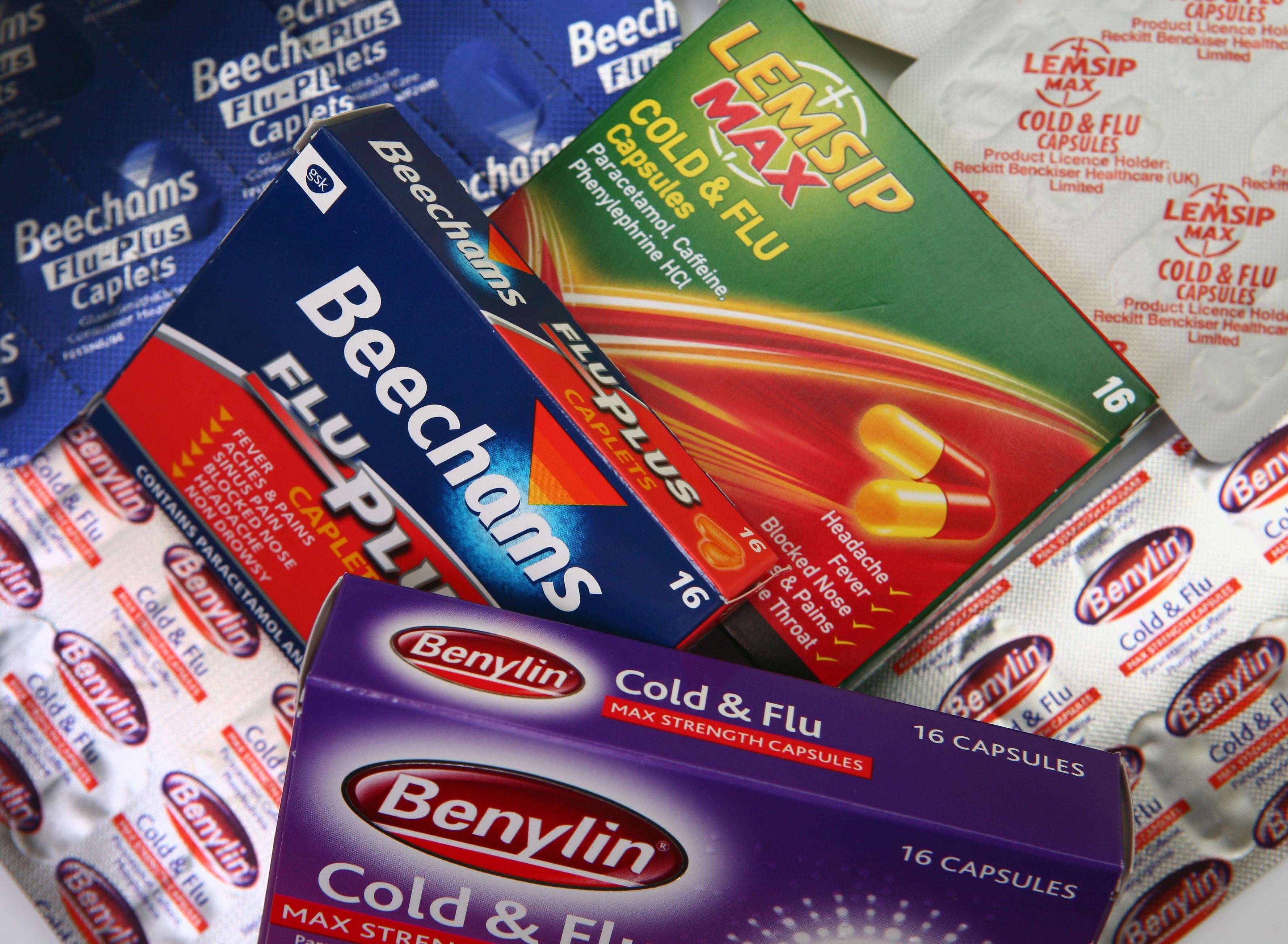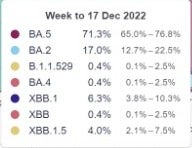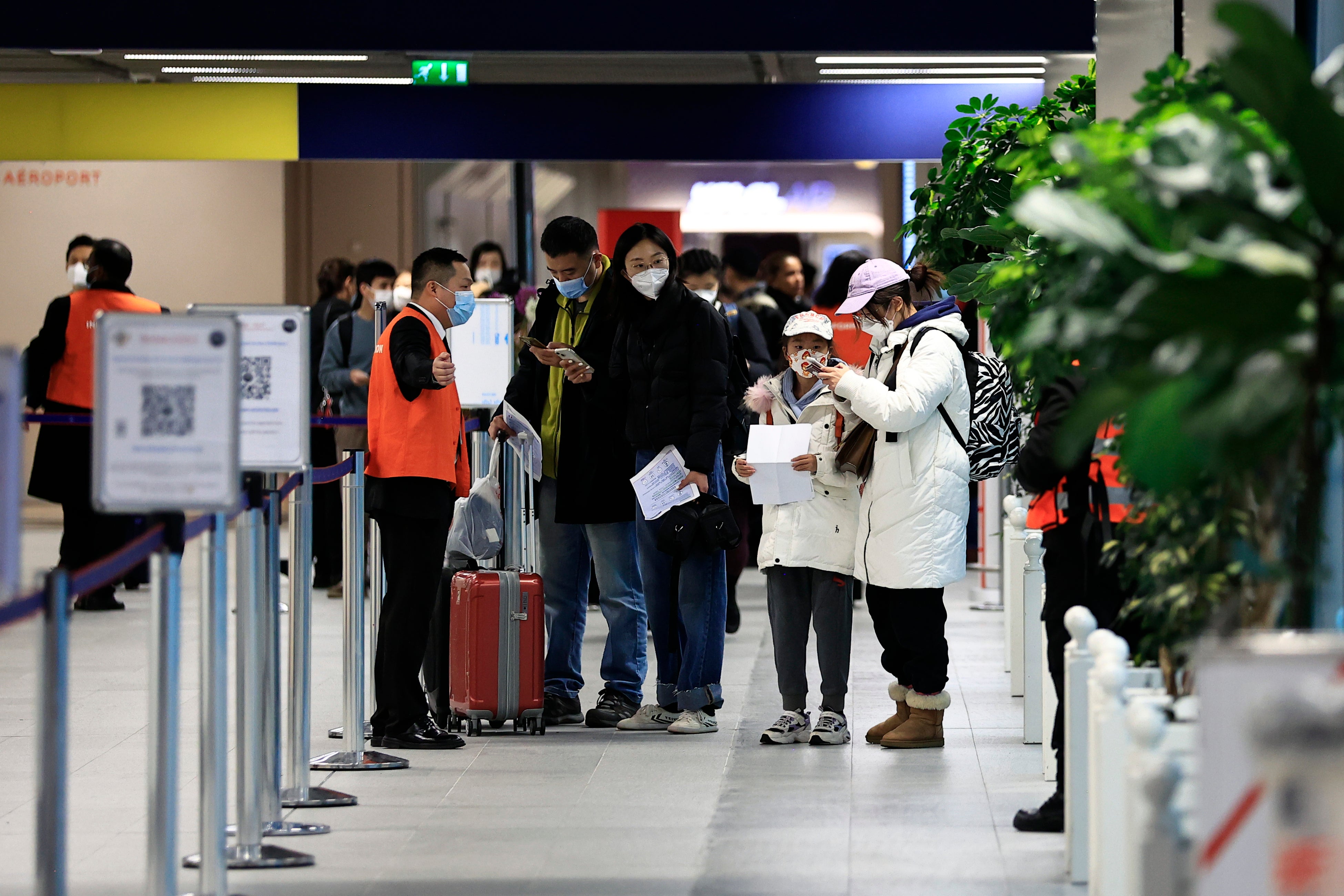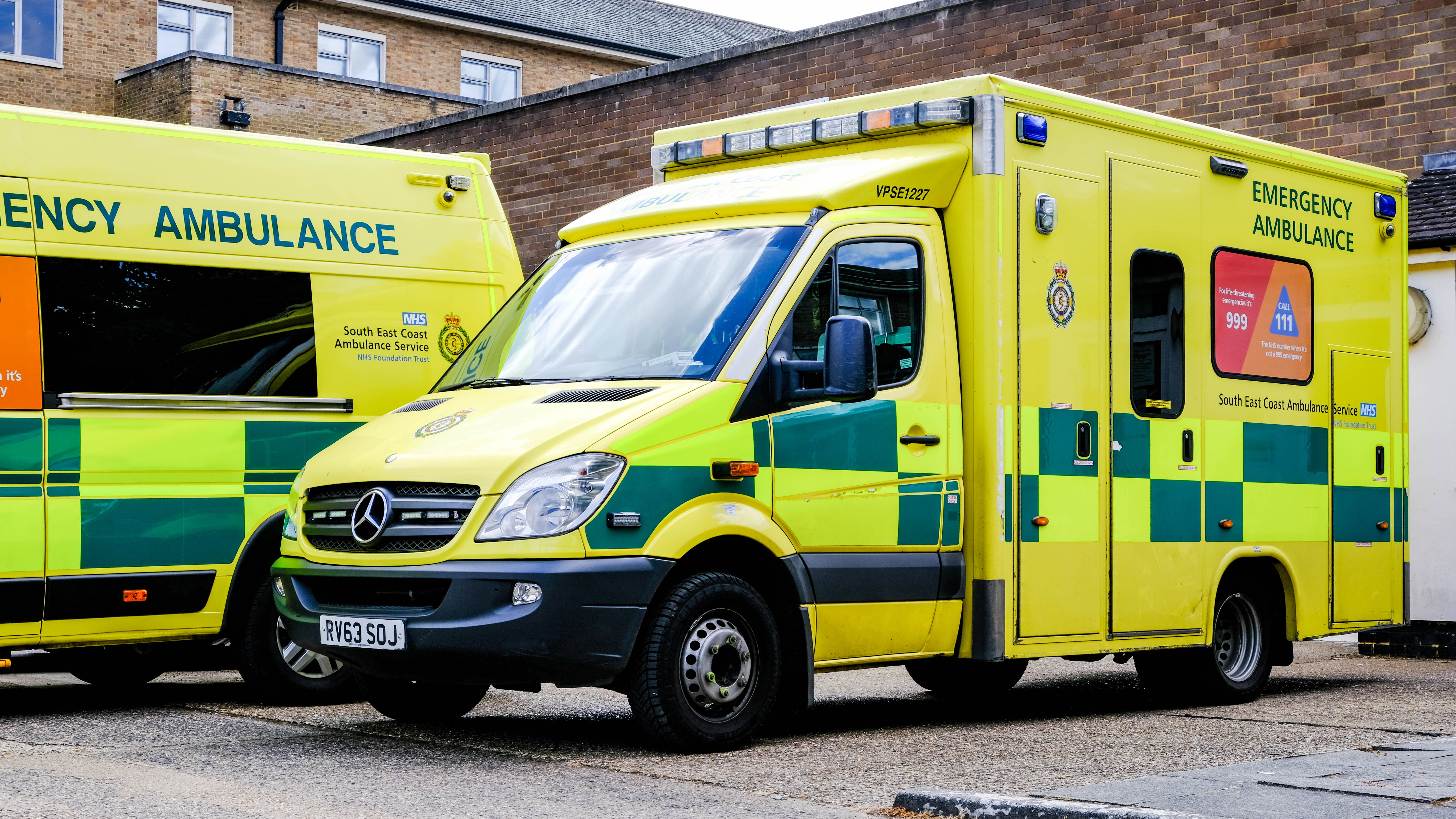
The “highly infectious” XBB.1.5 Covid subvariant will drive the next wave of the virus in the UK and its rapid spread in other countries should be a “wake-up call”, experts have warned.
The strain has caused a surge of cases in the US, with some experts concerned that its mutations could see it trigger a similar spike in the UK by dodging the wall of immunity built up from previous waves and vaccine rollouts.
The World Health Organisation (WHO) on Wednesday said it was urgently evaluating the risk from the variant. “Our concern is how transmissible it is,” said Maria Van Kerkhove, the agency’s technical lead on Covid. “The more this virus circulates, the more chances it will have to change.”
The US Centres for Disease Control (CDC) estimates that XBB.1.5 has more than doubled its share of Covid cases weekly for a month, rising from 4 per cent to 41 per cent of new infections in December. In the northeast of the US, the CDC estimates, XBB.1.5 is behind 75 per cent of new cases.
Sanger Institute data, based on hundreds of samples, shows 4.3 per cent of cases in England in the week to 17 December were caused by XBB.1.5 and experts say the UK is “not at all prepared for another wave” if the subvariant continues to spread at pace.
Professor Christina Pagel, a member of Independent Sage, a group of scientists working together to give advice to the government, told The Independent that the rapidly spreading variant was both immunosuppressive and highly transmissible – a combination that means it is prime to become dominant in the next wave this winter.
“There are no signs it’s [XBB.1.5] more virulent or that it causes more severe illness but it’s the most immunoevasive one so far and its also very transmissible,” Prof Pagel said.

“Some of the other Omicron variants have become more immune evasive at the cost of becoming less transmissible but this is more immunoevasive and as transmissible so I’m pretty sure it will drive a new wave quite soon.”
Questions were raised about the UK’s ability to cope with the nation’s testing needs for new variants after the government wound down labs last year as part of its plan to “live with Covid”, Only Britain’s flagship Rosalind Franklin Covid laboratory, in Leamington Spa remains.
Months later and with a new variant now on the rise, Prof Pagel said the UK’s lack of testing ability had left it unable to identify new variants quickly, in addition to having a significantly smaller sample size to analyse.
“To sequence, you have to do PCR tests and the only people getting PCR tests are people admitted to hospital and not all of them are getting tested anyway and people in the ONS survey,” Professor Pagel said.
She added: “We just don’t have the sample.
“The people who are getting tested aren’t typical people, they tend to be older, a bit sicker. If they were to say Covid is spreading in school, you wouldn’t find out about it until older people get it and by that time it would be too late.
“The implications are we won’t stop any new variants even if they arise in another country, we would very likely already have them in England before we realise because London is such a travel hub.”
Data from Sanger Institute shows XBB.1.5 is already making up the majority of cases in some areas of England. The east London borough of Tower Hamlets, saw 50 per cent of its Covid cases caused by XBB.1.5 in the week to 17 December while a third of cases in the Wirral are attributed to the subvariant in the same time period.

University of Warwick virologist Professor Lawrence Young told The Independent that the UK was not at all prepared for another wave if the highly transmissible subvariant continues to spread at a fast pace amid rising rates of flu infections.
“We didn’t have enough public health messaging around the flu jab. We’ve now got a perfect storm of different respiratory infections going around at the moment and that’s inevitably going to result in more pressure on the NHS,” Prof Young said.
“All the information so far shows that whilst this is a very infectious variant and while it can escape the protections from previous vaccination and past infection, there’s no evidence it’s causing more severe disease compared to other Omicron variants. But the fact that it’s spreading more and more rapidly, particularly in US is very concerning.

“It’s reaching out to more vulnerable people.”
He added that while it would be difficult to implement legal Covid restrictions since measures have been removed, there should be a push for people to wear masks in crowded indoor places, isolate when sick and look to reduce the number of contacts.
“This is a wake-up call, we can’t be complacent about Covid. While everyone is sick and tired about the scaring that we keep hearing about, this particular variant is clearly quite nasty and we need to keep our guard up.”

Professor Sam Wilson, a virologist at the University of Glasgow, said “taking familiar Covid precautions” would help limit the spread of Covid.
It comes as the government announced testing measures on travellers arriving from China, which is currently facing its biggest surge since the pandemic began, with 70 per cent of the city of Shanghai infected by the virus.
No 10 said the government would shortly set out the full details regarding new rules for travellers entering the UK from China and from Hong Kong.
“We’re working on the final details of the implementation of the policy, and that includes on Hong Kong, and we will update in due course,” a spokesperson said.







